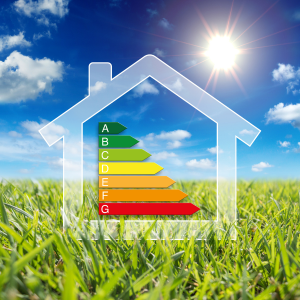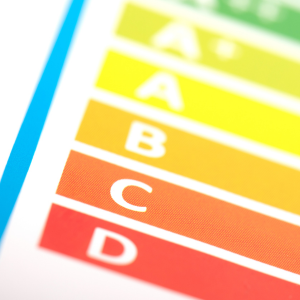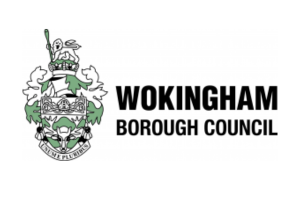
According to a government report from February 2024, the number of houses in the UK achieving a band C efficiency rating increased from 12% in 2010 to 48% in 2021. However, the rate of improvement has slowed since 2014, and there is more work to be done to achieve the aim of as many households as possible achieving this status by 2035.
There are many ways in which houses can be changed to improve their energy efficiency which, alongside efforts to reduce energy consumption where possible, can make a massive impact on the climate emergency.

Home Energy Certificate
One of the first things you can do is to understand the current efficiency of your home.
Gov.uk allow you to search for your homes energy certificate and, if it does not exist, to arrange for a new certificate.
Warmer Homes
According to the Institute for Government in 2021, domestic heating alone accounts for approximately 14% of all UK greenhouse gas emissions.
There is a lot of information on the internet about how to make your home warmer. The Reading Climate Action Network have produced 10 helpful leaflets to explain how you might create a warmer home. They also provide advice on how best to insulate your home.
The government are also running the Great British Insulation Scheme, where households can apply for free or cheaper insulation for their homes.


Decarbonisation Advice
Wokingham Borough Council provide a Home Decarbonisation Advice service to help residents reduce emissions and save money on their bills.
The free service allows residents to contact the Council for practical, impartial advice on changes they might be able to make to their properties.
Support is also currently available for lower income households (those with a combined income under £31,000) whose homes are not connected to mains gas, via the Home Upgrade Grant (HUG2).

